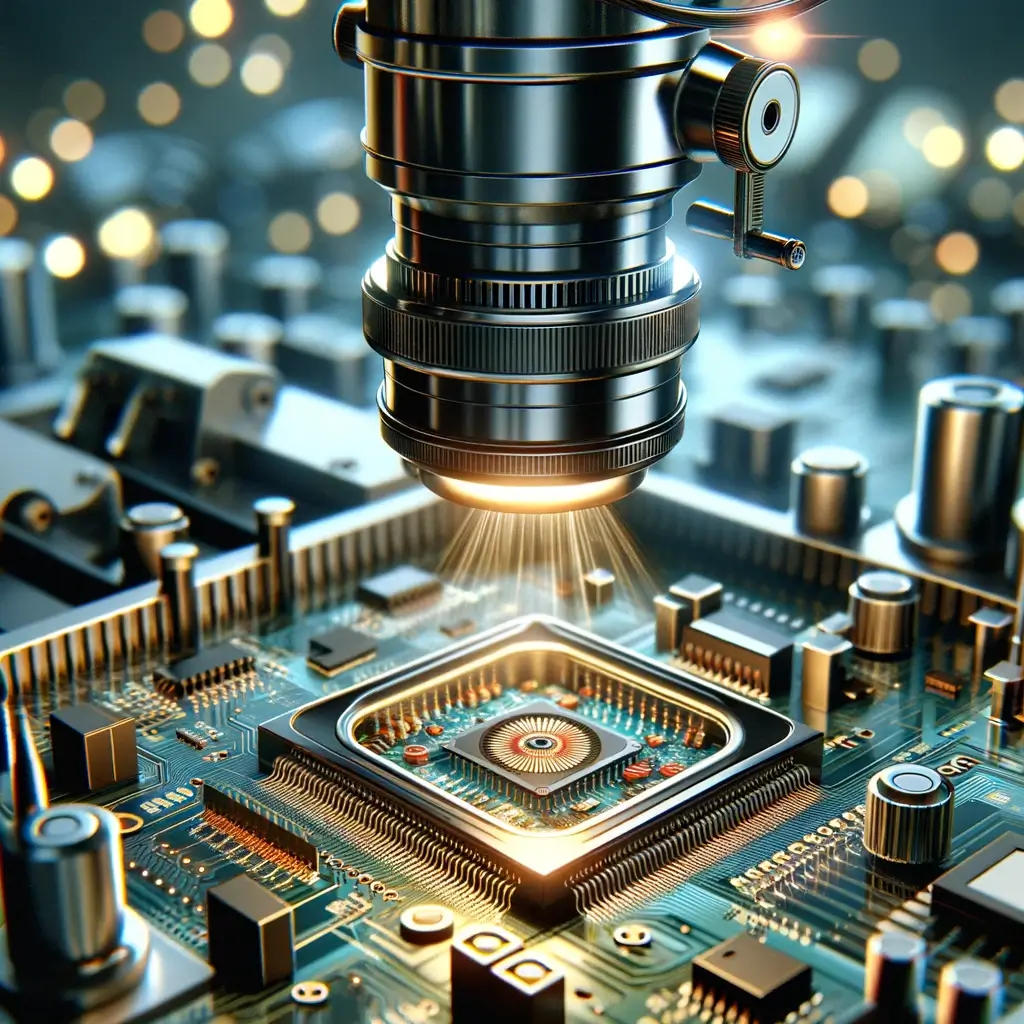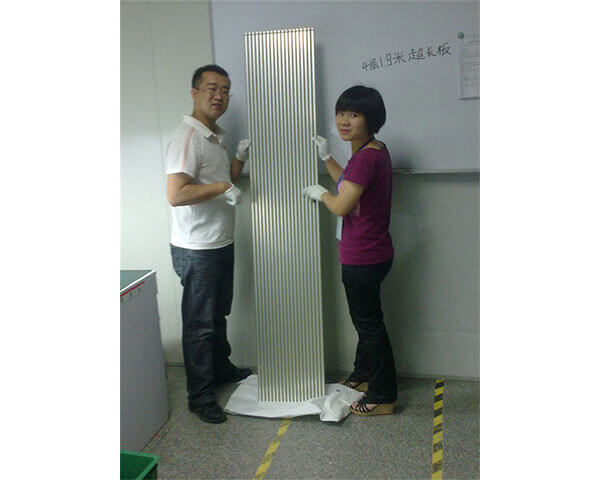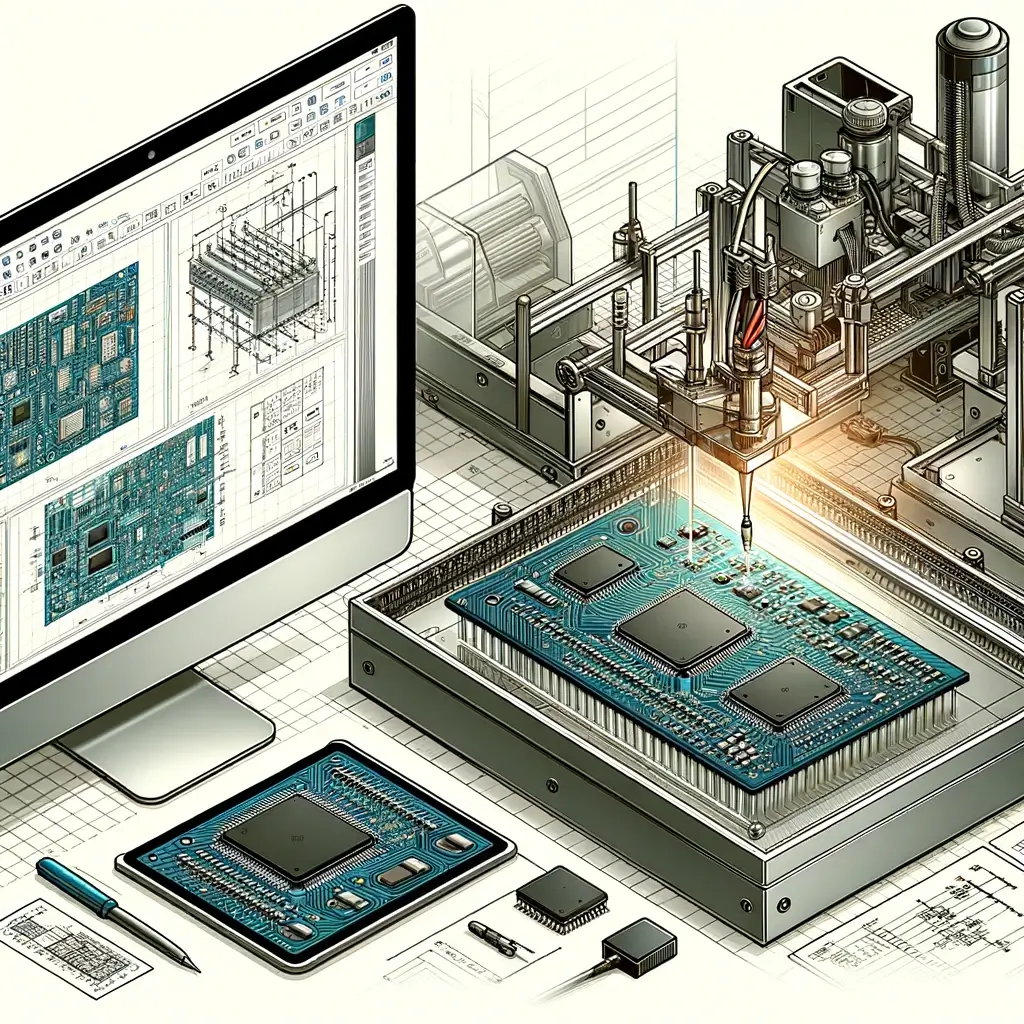The primary material used to fabricate PCB (Printed Circuit Board) is of immense importance. It is essential to consider the performance of the material in terms of temperature resistance, adhesion, tensile strength, flexibility, dielectric strength, dielectric constant, and many other physical, electrical, and thermal factors. The performance and level of integration of the PCB is completely dependent on the material used to fabricate the PCB.
Types of Materials Used for PCB Fabrication
There are three major types of materials used for production of PCB:
1)FR-4 : This is the most commonly used material in PCB. It is a glass reinforced epoxy laminate sheet. The epoxy used is flame retardant and water resistant. It provides good strength to weight ratios. The tensile strength offered by this material is very high.
2)PTFE (Teflon): PTFE is a kind of plastic material that does not provide any resistance, thus is used for high speed, high frequency applications. PTFE is extremely flexible, making it invaluable in applications with tight tolerances. It is also extremely lightweight, allowing it to be used across various industries. It is also flame resistant, exhibits high physical strength, provides temperature stability, and is versatile in application.
3)Metal :The traditional materials of copper, aluminum, iron, etc. are still used in PCBs. These materials allow the use of Surface Mount Technology (SMT) for the integration of components. They also provide mechanical durability. Thus, the product life of metal base PCBs is much longer.
The different materials used for the fabrication of PCB, all offer a variety of advantages and disadvantages. The material is chosen according to the application, the result needed, environmental factors, and any other constraints the PCB will face. You should choose the material of the PCB depending on the results that are expected.



